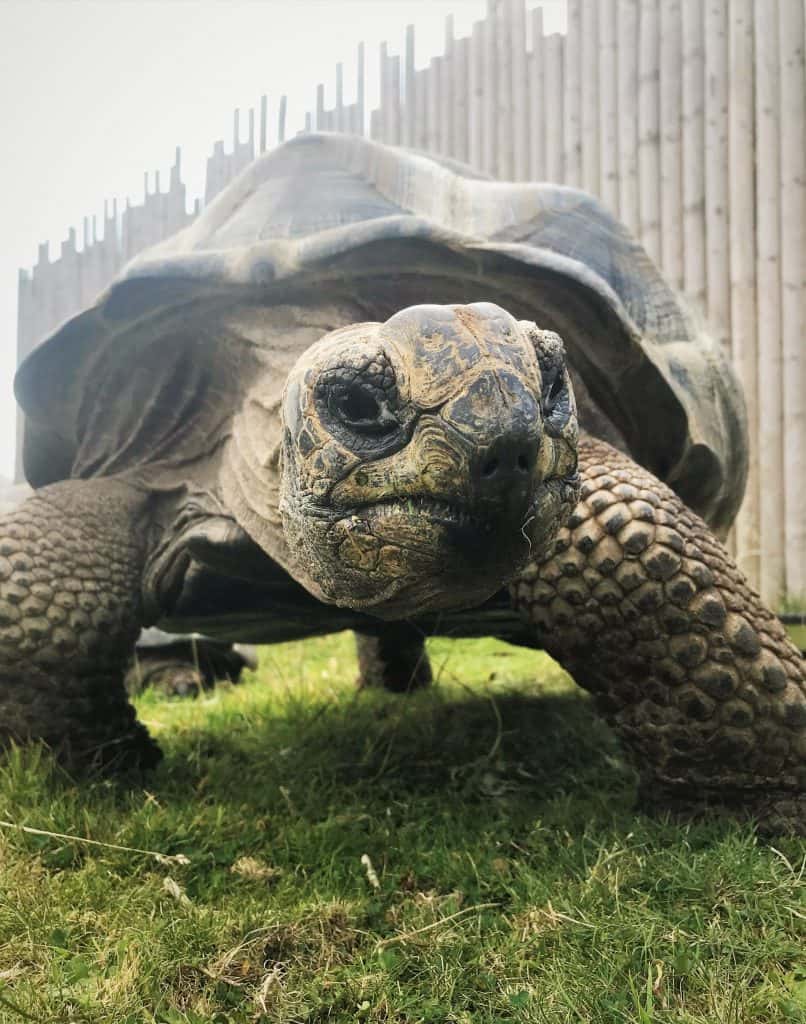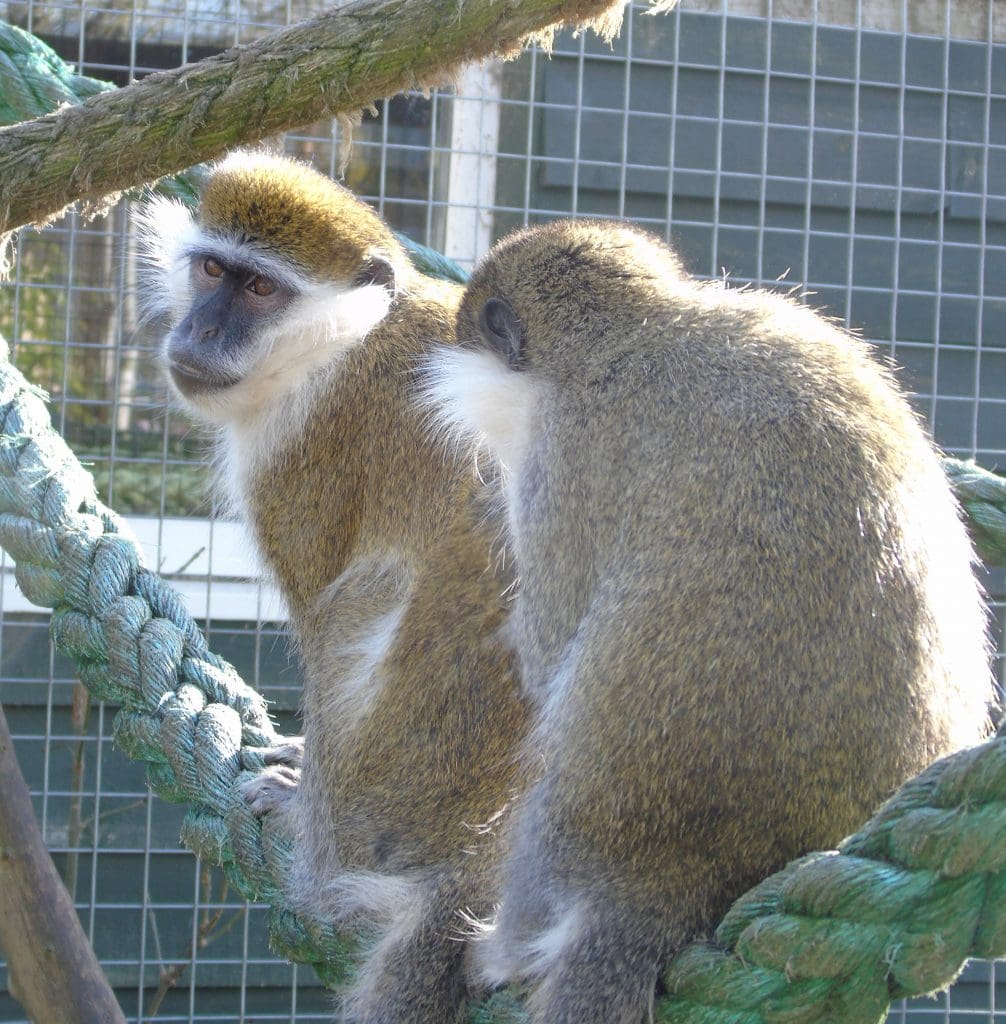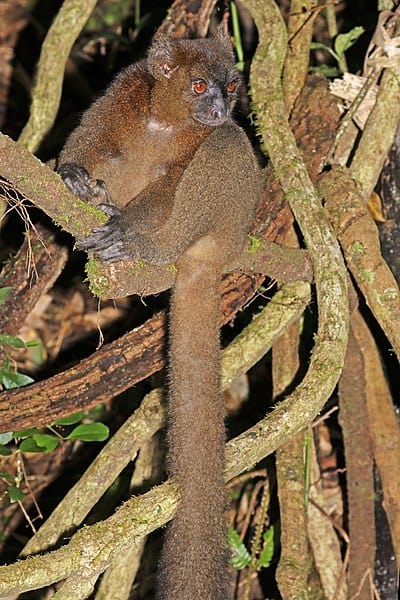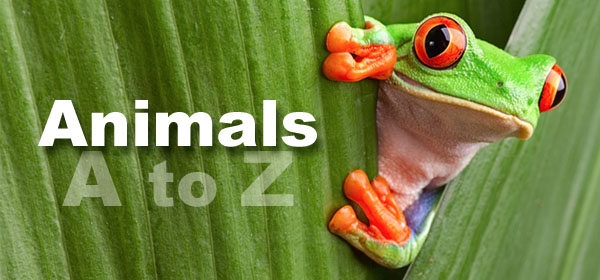I’m celebrating Charles Darwin Day in this blog, which happens to be the 12th of February- Charles Darwin’s birthday (12th February 1809). The day, the godfather of evolution was born is definitely a day to reflect on what he taught us about ourselves and the natural world.
The Theory of Evolution
Darwin’s book, “The Origin of Species”, is the foundation for evolutionary theory which was published in 1859. As you can imagine this book and its theory that populations evolve over the course of generations through a process of natural selection was not received well at first due to the lack of scientific understanding by the common person. By the 1930s – 1940s, Darwin’s theory became central to modern evolutionary theory and even more so with the start of DNA sequencing in the late 1970s.
HMS Beagle is the ship that took Darwin on his journey around the world and during this almost 5 year voyage Darwin collected a great number of fossils and animal specimens. This allowed him to develop his studies in transmutation, which developed into his theories of natural selection and evolution.
Darwin at WWP
At Wingham we have a sign by our Aldabra Tortoise enclosure explaining the importance of giant tortoises to sailors in the 17th and 18th century. Can you believe that they were used as a food source? Even Darwin himself remarked that he and his crew of the HMS Beagle, ate the most important species on board the ship!

We even have our own Darwin here at Wingham. One of our male Vervet monkeys shares the same name.

Evolution in Lemurs
Darwins theory suggested that through natural selection, animals evolved to adapt to their natural environments. For example the lemurs of Madagascar are only found on this Island, but there are over 100 species all specialising in different food sources and habitats. The Greater Bamboo Lemur almost exclusively feeds on Madagascar Giant Bamboo (Cathariostachys madagascariensis) which is a very poor food source due to the high amount of cyanide it produces in its growing shoots, but this lemur has adapted to this very specialised diet.

https://commons.wikimedia.org/wiki/File:Greater_bamboo_lemur_(Prolemur_simus)_male.jpg
The Sifaka (part of the Indri family of Lemurs) has adapted to a very strange way of locomotion along the floor, as they keep their body up right whilst jumping sideways on their back legs.

https://commons.wikimedia.org/wiki/File:Propithecus_bipedal_gallop.svg
This allows them to cover distances between trees quickly and more importantly efficiently. It may also give them an advantage when on the lookout for predators whilst they are crossing open areas between trees as they are up right instead of walking on all fours.
Another species that show particular specialisations for feeding are birds.
Bird adaptations
Birds have beaks adapted to their natural diets and surroundings. Macaws have large powerful beaks for cracking hard nut shells. Penguins have a narrow razor sharp beak to keep them with streamlined swimming through water but also able to catch slippery fish, while inside their mouth is covered in strange lobes making sure their food goes only one way down their throat. Also Pelicans have their throat pouches to allow them to fish for their food using their pouch as a sort of net.
If you wish to learn more about Charles Darwin and his work please visit this link http://darwin-online.org.uk/


